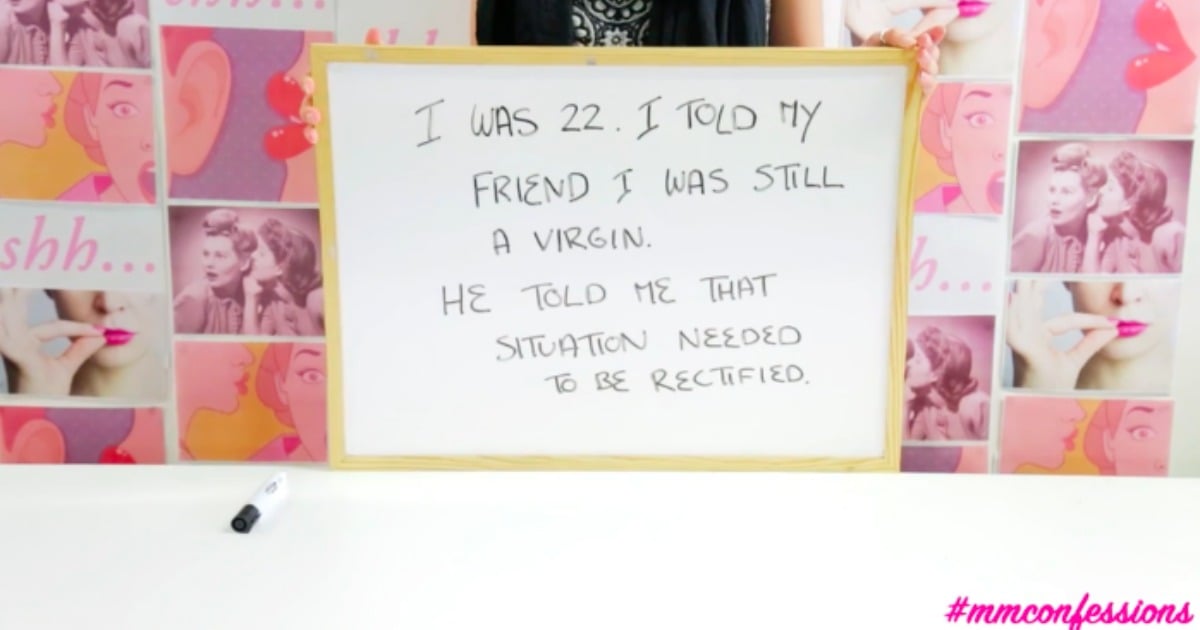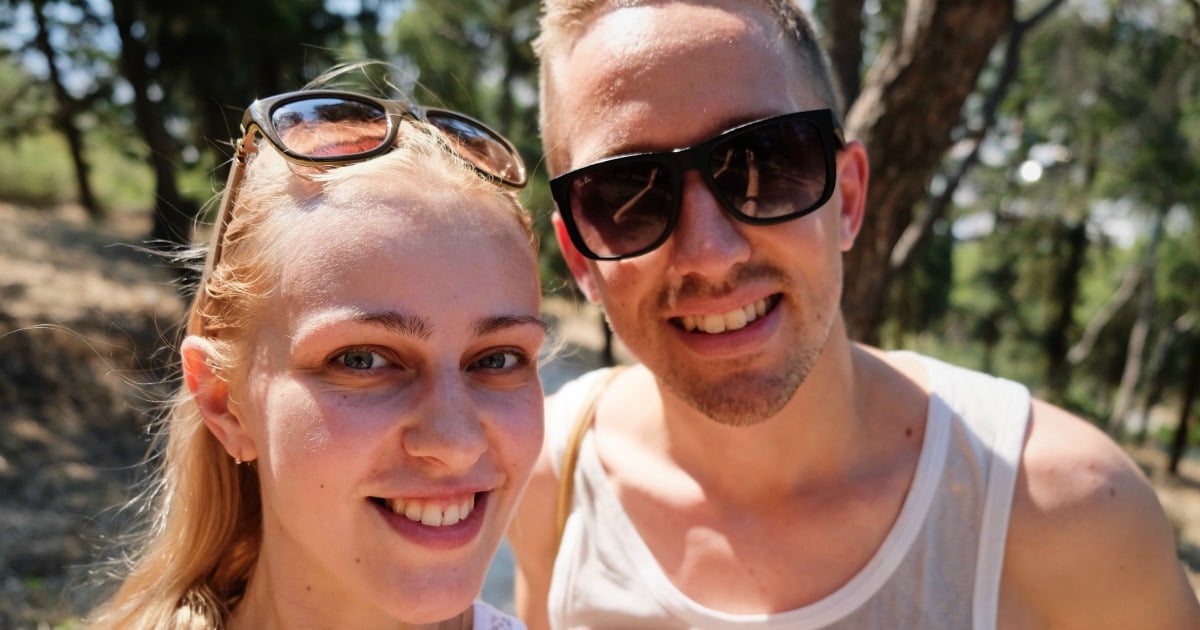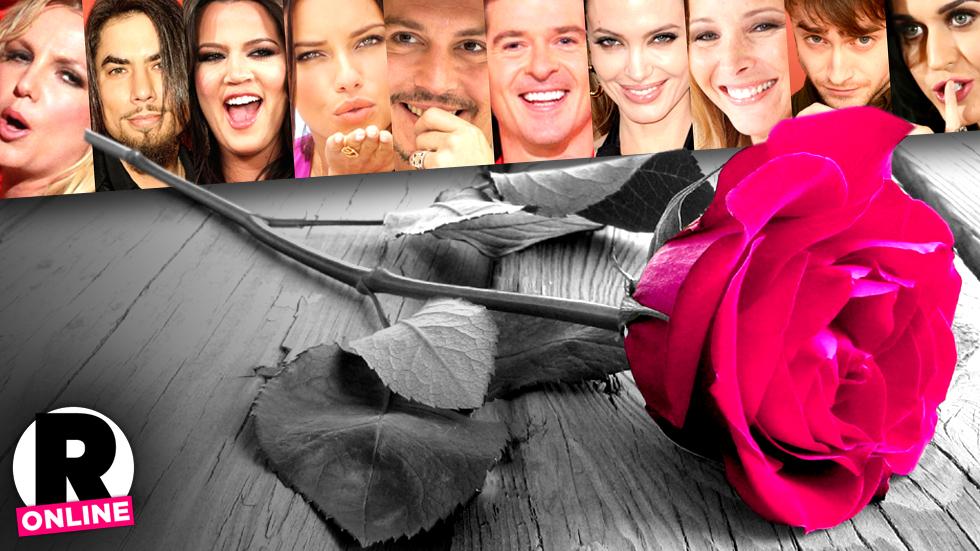Virginity Stories: Exploring Personal Narratives And Societal Perspectives
Virginity is a deeply personal and often misunderstood concept that has been shaped by cultural, religious, and societal norms for centuries. It carries different meanings depending on individual beliefs, traditions, and personal experiences. For some, it represents purity and innocence, while for others, it may symbolize empowerment and self-expression. In this article, we will delve into the topic of virginity stories, exploring how individuals interpret and share their experiences while navigating societal expectations.
Understanding virginity stories requires an open mind and a willingness to listen to diverse perspectives. These narratives often reflect the complexities of human relationships, identity, and self-discovery. By examining these stories, we can gain insight into the ways people navigate their own journeys and challenge the stereotypes that often surround this sensitive subject.
Through this exploration, we aim to provide a balanced and respectful view of virginity stories, offering readers the opportunity to reflect on their own experiences and broaden their understanding of this multifaceted topic. Join us as we uncover the truths, myths, and personal accounts that define virginity in today's world.
Read also:Obituary Today Remembering Linda Gibb A Legacy Of Dedication And Grace
Table of Contents
- What is Virginity?
- Cultural Perspectives on Virginity
- Biological Interpretations of Virginity
- Religious Views on Virginity
- Personal Stories of Virginity
- Empowerment Through Storytelling
- Stigma and Taboo Surrounding Virginity
- Breaking the Silence: Encouraging Open Conversations
- Modern Perspectives on Virginity
- Conclusion
What is Virginity?
Virginity refers to the state of not having engaged in sexual intercourse. However, its definition varies widely depending on cultural, social, and individual contexts. For some, virginity is strictly biological, tied to the physical act of losing one's hymen. For others, it encompasses a broader understanding of sexual experiences, including emotional and psychological connections.
Virginity stories often highlight the personal significance individuals attach to this concept. These narratives can range from empowering tales of self-discovery to challenging accounts of societal pressure. By examining these stories, we can better understand the complexities of virginity and its impact on personal identity.
Historical Context of Virginity
Throughout history, virginity has been viewed as a symbol of purity, particularly for women. In many ancient cultures, a woman's virginity was seen as a valuable asset, often tied to her worth in marriage. This perspective has evolved over time, yet remnants of these beliefs still persist in certain societies today.
Understanding the historical roots of virginity can help us appreciate how far we've come in redefining this concept. Modern interpretations focus more on individual choice and autonomy, emphasizing the importance of personal experiences over societal expectations.
Cultural Perspectives on Virginity
Cultural norms play a significant role in shaping how virginity is perceived. In some cultures, maintaining virginity until marriage is considered a moral imperative, while in others, it holds little importance. These variations highlight the diverse ways in which societies approach this topic.
Virginity stories from different cultural backgrounds offer valuable insights into the ways individuals navigate their identities within these frameworks. By sharing these narratives, we can foster greater understanding and empathy across cultures.
Read also:Michael Myers Halloween Pictures The Ultimate Guide For Fans
Traditions and Rituals
- Many cultures have specific traditions and rituals surrounding virginity, such as coming-of-age ceremonies or marriage rites.
- These practices often serve to reinforce cultural values and expectations regarding sexual behavior.
- Examining these traditions can provide context for understanding the significance of virginity within various societies.
Biological Interpretations of Virginity
From a biological standpoint, virginity is often associated with the physical act of losing one's hymen. However, this interpretation is increasingly being challenged as research shows that the hymen can stretch or tear through non-sexual activities, such as sports or exercise.
Virginity stories that emphasize biological markers often highlight the limitations of this perspective. By recognizing the variability of human anatomy, we can move toward a more inclusive understanding of virginity that acknowledges individual experiences.
Scientific Research
Studies have shown that the hymen is not a reliable indicator of virginity. For instance, a report published in the National Library of Medicine highlights the variability of hymenal structures and their potential to change through non-sexual means.
This research underscores the importance of moving beyond biological interpretations and embracing a more holistic view of virginity.
Religious Views on Virginity
Religion often plays a central role in shaping attitudes toward virginity. Many faiths emphasize the importance of maintaining chastity until marriage, viewing it as a form of devotion and self-discipline. These beliefs can influence how individuals approach their own virginity stories and the decisions they make regarding sexual behavior.
While religious perspectives on virginity vary widely, they often share a common emphasis on moral values and personal responsibility. By exploring these views, we can gain a deeper appreciation for the role religion plays in shaping individual experiences.
Interfaith Perspectives
- Christianity, Islam, Judaism, and other religions often have distinct teachings regarding virginity and sexual behavior.
- These perspectives can influence how individuals from different faith backgrounds approach their own virginity stories.
- Examining interfaith views can promote greater understanding and respect for diverse religious beliefs.
Personal Stories of Virginity
One of the most powerful aspects of virginity stories is their ability to humanize this often controversial topic. By sharing personal accounts, individuals can connect with others who have had similar experiences and challenge societal norms that may not align with their own beliefs.
These narratives often highlight the emotional and psychological dimensions of virginity, offering a more nuanced understanding of this complex subject. Through storytelling, we can celebrate the diversity of human experiences and promote greater empathy and understanding.
Empathy Through Storytelling
Storytelling has long been a tool for fostering empathy and connection. Virginity stories, in particular, offer a unique opportunity to explore the intersections of identity, culture, and personal choice. By listening to these narratives, we can gain insight into the ways individuals navigate their own journeys and challenge the stereotypes that often surround this topic.
Empowerment Through Storytelling
Sharing virginity stories can be a powerful act of empowerment. For many, it represents a reclaiming of their narrative and a rejection of societal pressures that may not align with their personal beliefs. By speaking openly about their experiences, individuals can inspire others to do the same, creating a ripple effect of empowerment and self-expression.
This form of storytelling encourages authenticity and vulnerability, promoting a culture of openness and understanding. Through these narratives, we can challenge the stigma surrounding virginity and celebrate the diversity of human experiences.
Breaking Down Barriers
- Storytelling can help break down barriers between individuals from different backgrounds and experiences.
- By sharing personal accounts, we can foster greater understanding and empathy across diverse communities.
- Empowerment through storytelling allows individuals to take control of their narratives and redefine what virginity means to them.
Stigma and Taboo Surrounding Virginity
Despite progress in redefining virginity, stigma and taboo still surround this topic in many societies. These negative attitudes can lead to feelings of shame and isolation, particularly for individuals who do not conform to societal expectations.
Virginity stories that challenge these stereotypes play a crucial role in dismantling the stigma associated with this concept. By promoting open and honest conversations, we can create a more inclusive environment where individuals feel safe sharing their experiences without fear of judgment.
Challenging Stereotypes
Stereotypes about virginity often perpetuate harmful myths and misconceptions. For example, the idea that losing one's virginity is a defining moment in life can create undue pressure and anxiety for individuals who may not be ready for such an experience.
By challenging these stereotypes through personal narratives, we can promote a more balanced and respectful understanding of virginity that acknowledges the diversity of human experiences.
Breaking the Silence: Encouraging Open Conversations
Encouraging open conversations about virginity is essential for promoting understanding and empathy. By creating safe spaces for individuals to share their stories, we can foster a culture of acceptance and support that benefits everyone.
These discussions can take many forms, from personal conversations with friends and family to larger community forums and online platforms. By engaging in these conversations, we can break the silence surrounding virginity and empower individuals to share their experiences without fear of judgment.
Creating Safe Spaces
- Safe spaces for discussing virginity stories can include support groups, online forums, and educational workshops.
- These environments allow individuals to share their experiences in a supportive and non-judgmental setting.
- By promoting open dialogue, we can create a more inclusive and understanding society that values diverse perspectives.
Modern Perspectives on Virginity
Modern interpretations of virginity reflect a growing emphasis on individual choice and autonomy. As societal norms continue to evolve, so too does our understanding of this concept. Today, many people view virginity as a personal journey rather than a fixed state, emphasizing the importance of self-discovery and empowerment.
Virginity stories from this perspective often highlight the ways individuals navigate their own experiences while challenging traditional stereotypes and expectations. By embracing these modern perspectives, we can promote a more inclusive and respectful understanding of virginity that acknowledges the diversity of human experiences.
The Role of Technology
Technology has played a significant role in shaping modern perspectives on virginity. Social media platforms and online communities have created new opportunities for individuals to share their stories and connect with others who have had similar experiences.
This digital landscape has also facilitated greater access to information and resources, empowering individuals to make informed decisions about their own sexual health and well-being.
Conclusion
Virginity stories offer a powerful lens through which we can explore the complexities of human identity, culture, and personal choice. By examining these narratives, we can gain insight into the ways individuals navigate their own journeys while challenging societal norms that may not align with their personal beliefs.
We invite you to join the conversation by sharing your own experiences or engaging with others who have shared their stories. Together, we can create a more inclusive and understanding society that values diverse perspectives and promotes empathy and respect for all individuals.
Don't forget to leave a comment, share this article, or explore other resources on our site to continue learning about this important topic.


